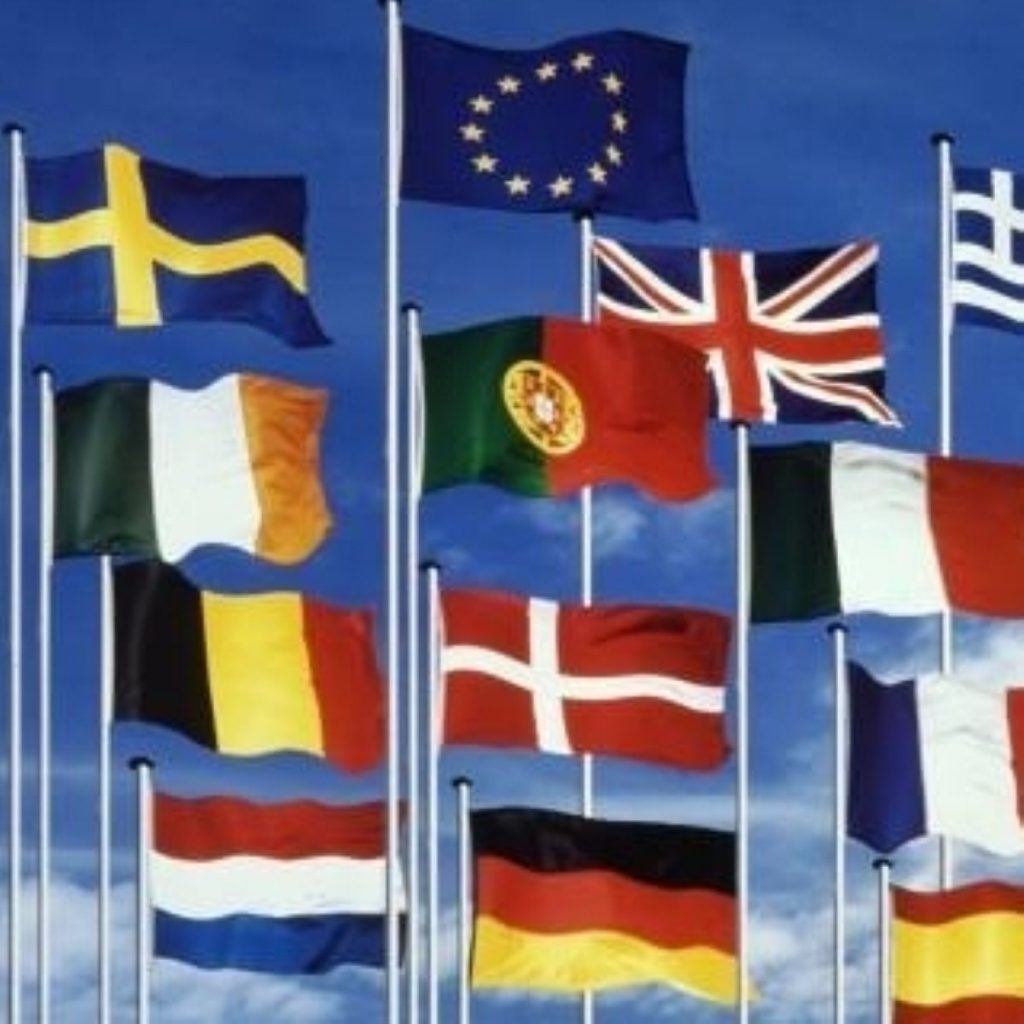EU referendum vote moved forward to Monday
By Alex Stevenson Follow @alex__stevenson
Downing Street has brought forward the Commons' vote on membership of the European Union, as it seeks to quell a potential rebellion by eurosceptic Conservatives.
MPs had been due to debate the EU motion, triggered by an e-petition, next Thursday, when both prime minister David Cameron and foreign secretary William Hague were out of the country attending the Commonwealth heads of government meeting.
They will now do so on Monday instead. Mr Cameron is expected to open the debate for the government, which opposes the eurosceptic motion calling for an in-out referendum on Europe.


The motion proposes that the referendum should contain two other options: leaving existing arrangements as they are, or revising the terms of Britain's EU membership.
Around 50 Tory eurosceptics are thought to be likely supporters of the amendment. Doing so would involve defying their leader, after Mr Cameron made his position clear in prime minister's questions yesterday.
The PM was tackled on the issue by Conservative backbencher Andrew Rosindell, who told him the British people "are simply crying out for a referendum".
Mr Cameron replied: "Of course we are committed as the Conservative party to the return of powers from Brussels to Westminster. We are also committed as a government to ensuring that if power passes from Westminster to Brussels, there will have to be referendum.
"That promise is good for the whole of this parliament and beyond, but I do not support holding a referendum come what may. That is not our policy and I will not support such a motion."
Mr Hague is expected to lead for the government during Monday's debate as he faces off against members of his own party.
The government will hope it can avoid confrontations by persuading prominent eurosceptics who have not signed the motion to back an amended version.
This alternative might commit the government to re-examining the powers currently held by Brussels, in a way which would allow the broadly EU-supporting Liberal Democrats to back it.









